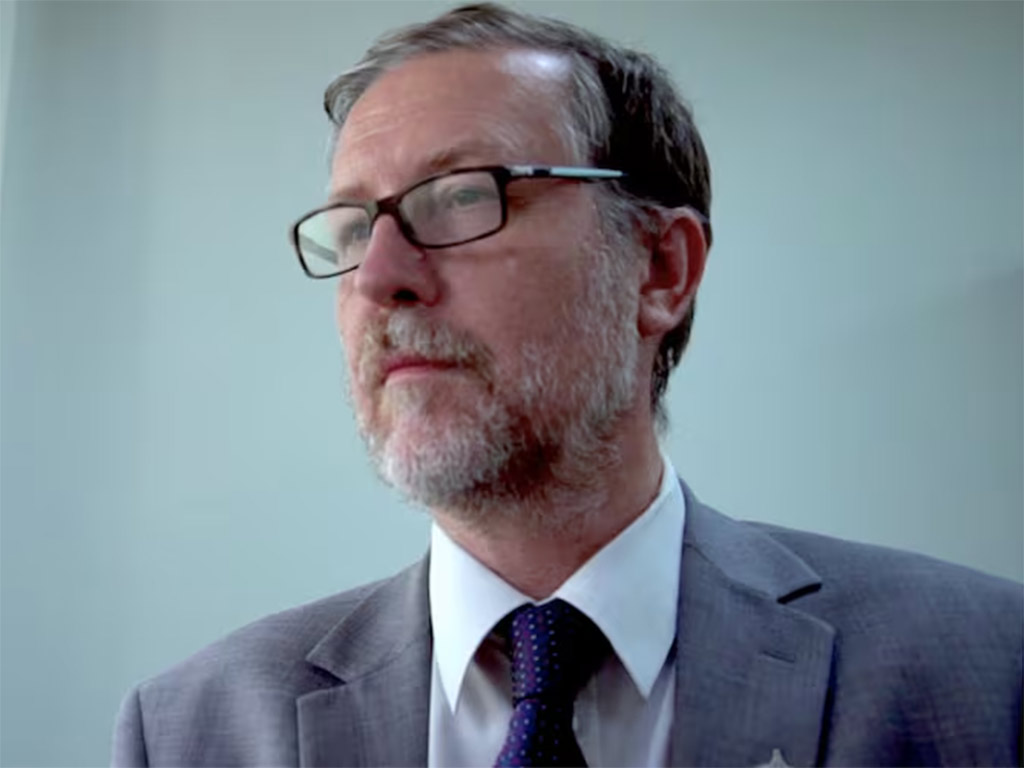“That is an open wound that must be addressed not only on anniversaries,” said Jarab, who recalled that in many cases the sentences for crimes against humanity were obtained half a century later, such as that of the singer-songwriter Víctor Jara.
Jarab also pointed out that there are very few convictions in torture crimes, and victims have to make years of effort and face permanent obstacles from the authorities to obtain compensation.
The functionary acknowledged in statements to a Chilean radio station, that, nevertheless, there are some encouraging signs, such as the recent announcement by the Government to lift the secrecy of the Report on Political Imprisonment and Torture during the dictatorship, which includes the statements of more than 35 thousand people who suffered prison and degrading treatment.
“We support lifting the secrecy, this is very important so that the judiciary can have more information,” said Jarab, who also highlighted the creation of the National Search Plan, an initiative where the State, jointly with social organizations and memory sites, undertake finding the places where the remains of the disappeared are suspected to be.
“There are many open cases and time is playing against us, because both the victims and the perpetrators are dying”, the official stated.
Regarding a proposal by right-wing sectors to release repressors over 75 years of age, Jarab declared that this would be contrary to international standards and would mean double punishment for those who had to wait decades for a sentence. “Doing so would be opening the door to impunity,” he warned.
jrr/llp/jha/car










